ICRC president: ‘I had an impact – that’s what counts’
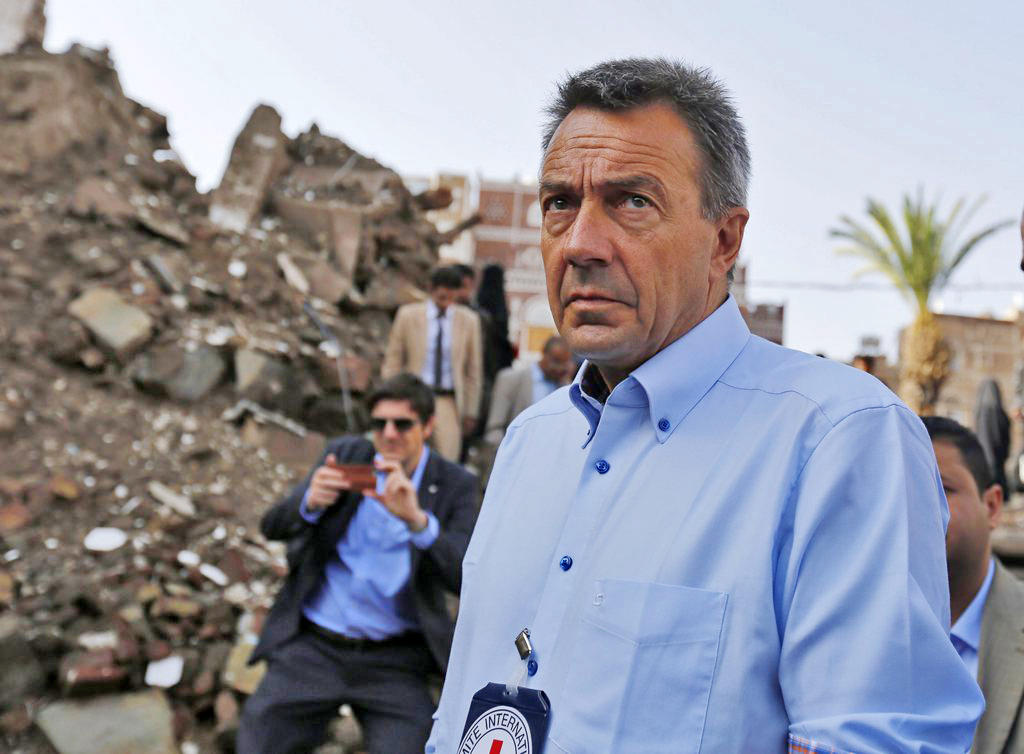
Peter Maurer's time at the helm of the International Committee of the Red Cross (ICRC) was marked by many crises: war in Syria, the persecution of the Rohingya in Myanmar, the return of the Taliban in Afghanistan, and war in Ukraine.
As he prepares to step down, the former Swiss diplomat spoke to Swiss public television SRF about ten eventful years talking to warring parties in conflict zones.
SRF: What is your overriding feeling as you look back on these ten years?
Peter Maurer (P.M.): I feel a great sense of satisfaction about what I was able to do. And I am convinced that now is the right moment to leave. But during this time I have also met many people and had many good conversations.
So these feelings are mixed with some melancholy. On the whole, looking back, I have the impression that we didn’t miss any major international conflict – that it was a good period for the ICRC.
SRF: Are you a different person today than you were ten years ago?
P.M.: I do believe that dealing with and experiencing the stark effects of conflict changes you – especially when you see it time and again, and are yourself in the thick of it. What surprised me was that at some point I realised it is almost easier to experience it first-hand than to just see the images in the media.
When you travel to regions affected by war and talk to people, the horror takes on different proportions. It’s still terrible, but you understand it better. If you just see the pictures, your brain goes crazy. The real horror is not as bad as the imaginary one.
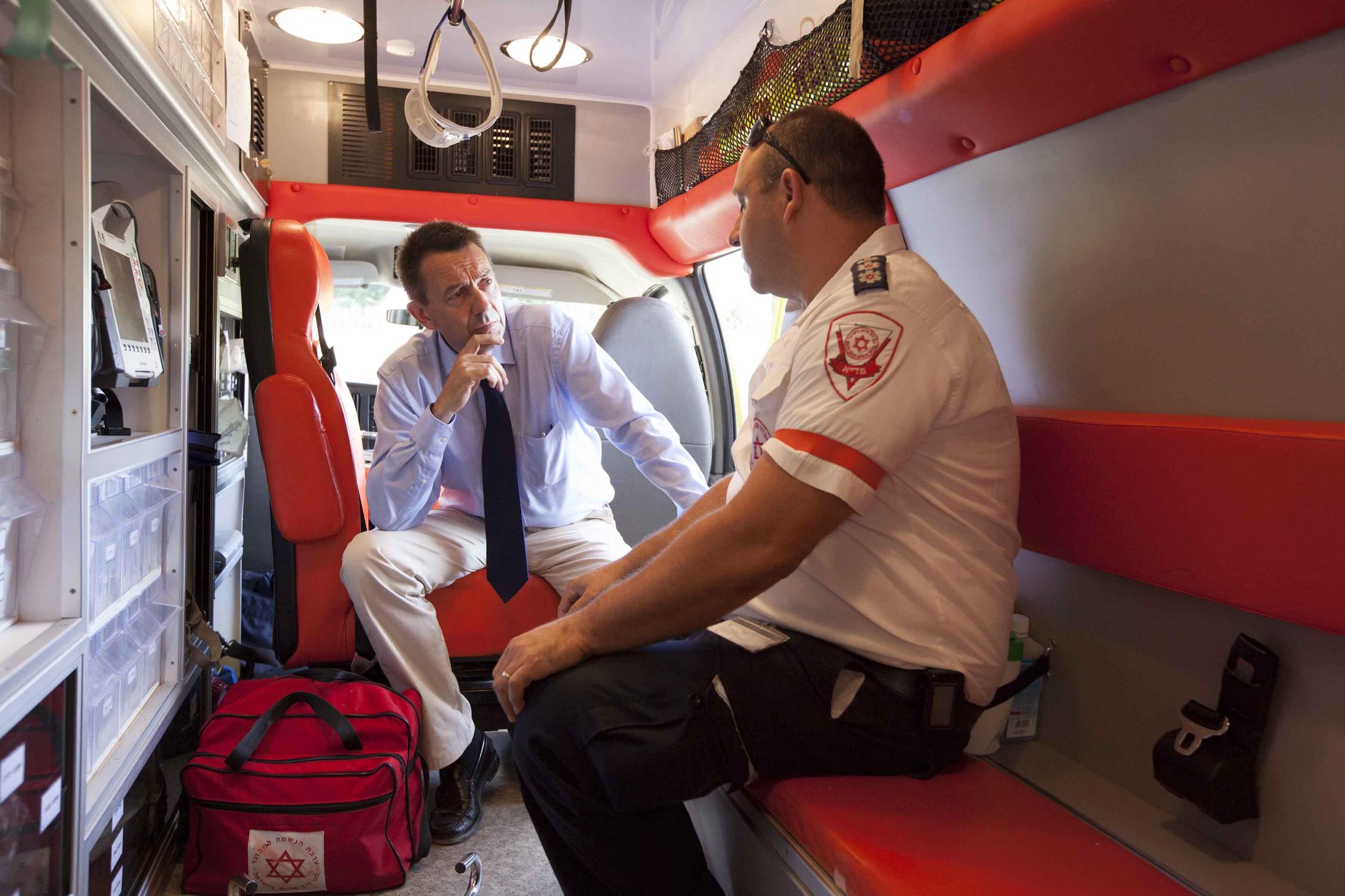
SRF: Part of your job is to talk and negotiate with all the warring parties. This impartiality is the subject of regular criticism. How do you talk to people who are involved in breaking international law?
P.M.: First of all, you have to listen. You have to understand what the driving forces are. How did we get to where we are? With the warring parties too, you have to show empathy – even when it’s difficult.
If you see your interlocutor only as a violator of rights, a rapist or a terrorist, you have entered a mindset of stigmatisation. You have to get out of that mindset. Otherwise you are not a credible, neutral intermediary.
If you talk to all sides and try to build understanding, then you will also come up with ideas of what the respective sides could do to talk to each other again. But understanding does not mean excusing. It’s important to separate the two.
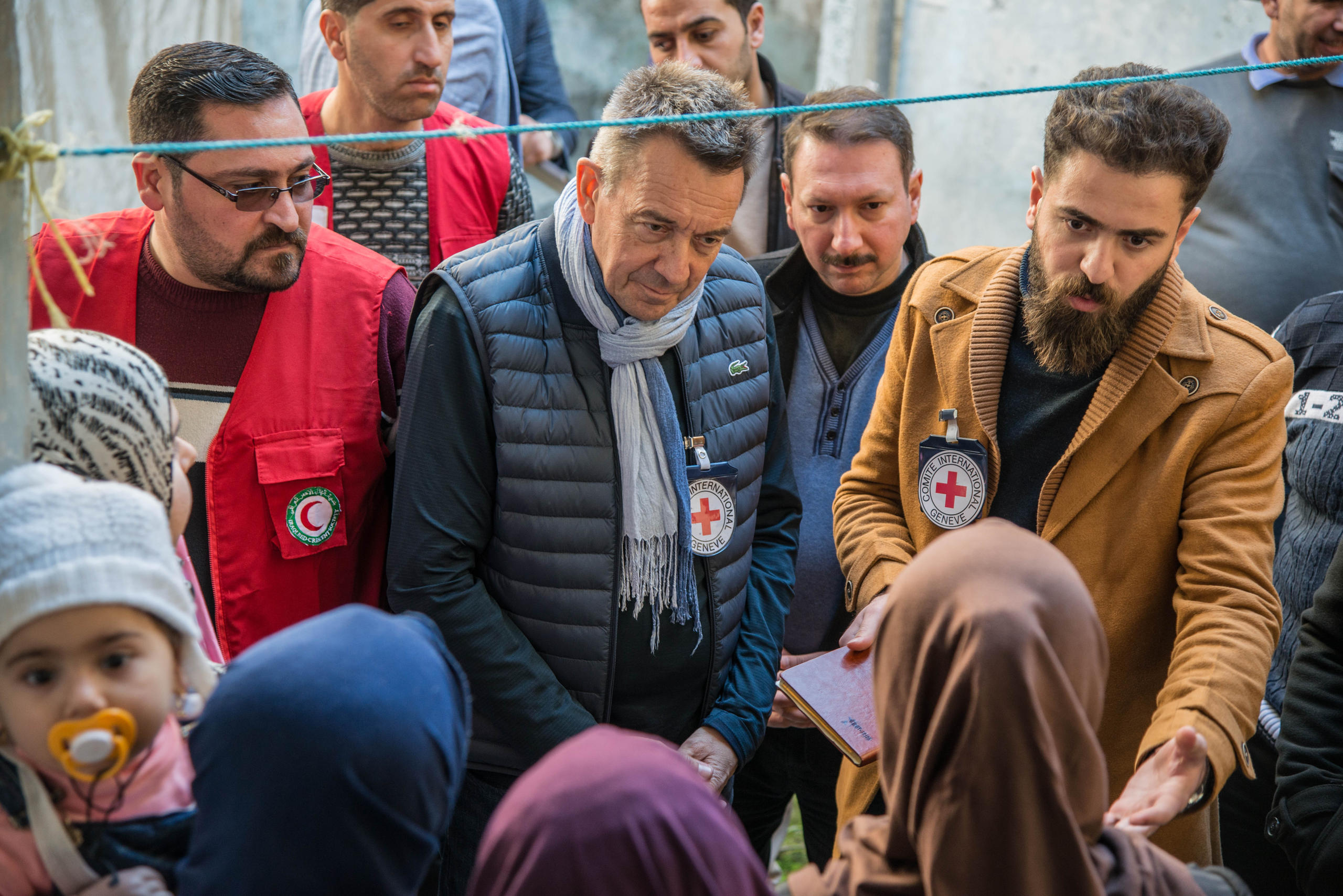
This approach is not always accepted, as we have seen time and again, especially recently: everyone always calls on us to take a stand and sees neutrality as cowardice. But neutrality is a practical principle that helps us to do this work.
SRF: When you’re having this type of conversation, how do you know that what you are saying really resonates with your counterpart?
P.M.: The interesting moments are when the other person says something that was not planned – when you notice an extra element of honesty arise or a statement that was not in the talking points or brief. Sudden emotional reactions are an indication that you’re on the verge of changing the mood of the conversation.
These are the first signs of confidence-building. This also has to do with the fact that you yourself are trying to be open and honest and to nuance. This doesn’t mean I don’t talk about violations of international humanitarian law. But I also always try to put things in context. Over time, you get a sense of how to create such openings.
SRF: Where can you learn that? Not at diplomatic school, surely?
P.M.: It’s no coincidence that diplomacy is both a profession and an art. Because it’s a profession, you can learn certain things. Other things are a matter of instinct, intuition [and] reading the room. For that, you need experience.
You have to learn, experience and make mistakes – and realise when you have misread the room. For me, this process was the most interesting aspect of the last ten years, but also before that as a diplomat. It has always fascinated me. And it is also the essence of what we try to do at the ICRC.
SRF: Which conversation has stayed in your mind as an example of a time when you were able to turn something around – to make progress?
P.M.: In all modesty, I would say that there have been quite a few.
SRF: What did you achieve when you spoke with Sergei Lavrov, the Russian foreign minister, in Ukraine last March?
P.M.: Look at what we as the ICRC are doing in Ukraine today. In June, we were able for the first time to exchange the bodies of fallen soldiers between the two parties in the conflict. We’ve visited prisoners in areas controlled by Russia and Ukraine. We’ve been able to resolve over 1,000 missing person cases through contacts with the Russian and Ukrainian authorities.
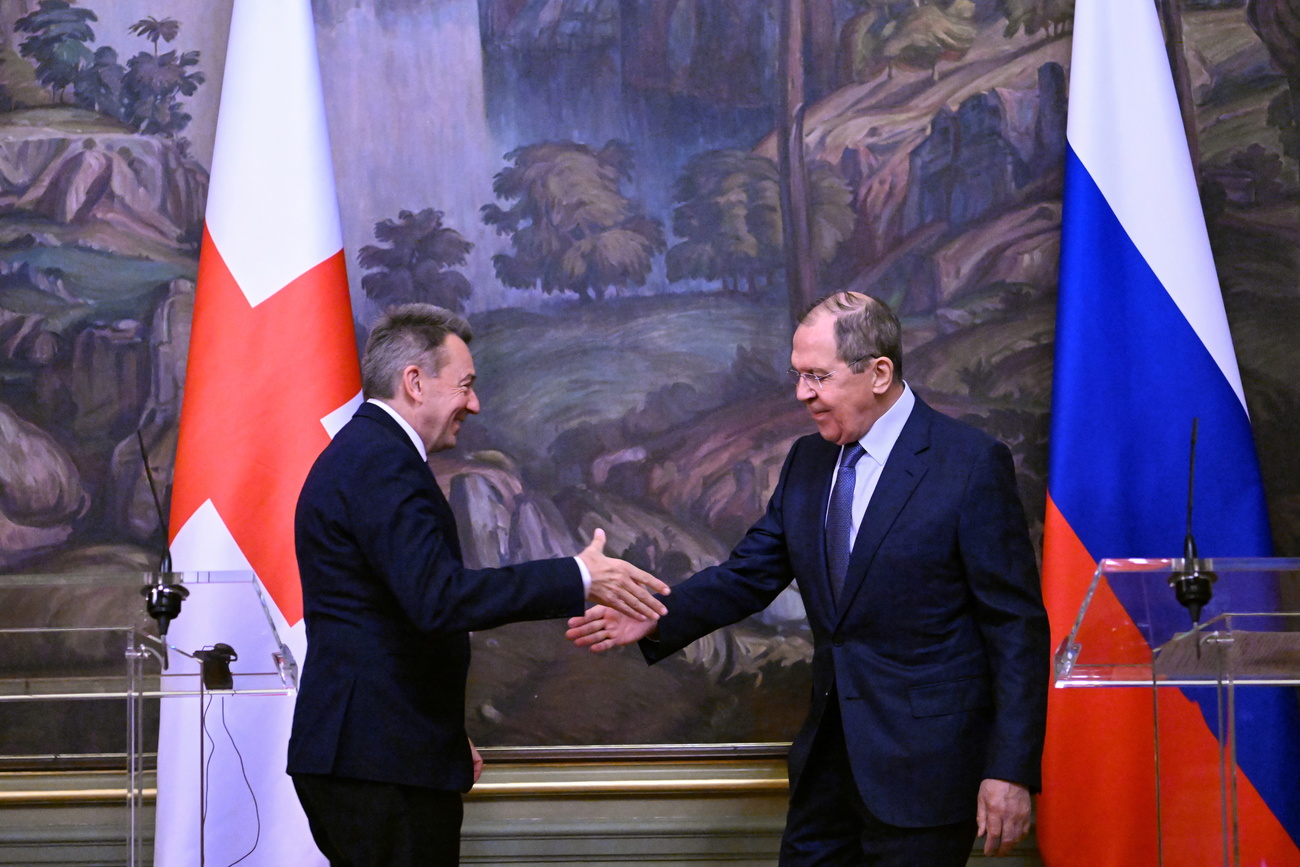
These are modest steps when you look at the overall problem. But they are important steps forward that could not have been taken if there weren’t these breakthrough moments in the dialogue and if there had been no basis for trust.
SRF: And yet you are often publicly condemned for handshakes with people like Lavrov, [Syrian President Bashar] al-Assad or [Russian President Vladimir] Putin.
P.M.: You have to live with that. The public perception is not so important. Our goal is to change the lives of those affected – be they soldiers or civilians. As long as we have the recognition and understanding of these people and the respective warring parties view us as legitimate, then that is enough.
I understand that people want to take sides and adopt a position. But these are two different ways of looking at the world. I have now played the role of neutral intermediary for ten years.
That doesn’t mean that I’m not also a political person who on occasion likes to be clearer or more explicit. But this is about official roles. And it’s been shown that the work of the ICRC president has an impact. That is what counts.
Peter Maurer
As president of the ICRC, Peter Maurer leads around 20,000 staff in more than 100 countries. The ICRC’s priority countries and regions are Afghanistan, Ethiopia, Yemen, Syria, the Sahel and, since the beginning of the war, Ukraine.
Before his election as ICRC president in October 2011, Maurer worked for many years as a diplomat for the Swiss Federal Department of Foreign Affairs.
Among other posts, he served as Switzerland’s ambassador and permanent representative to the United Nations in New York from 2004 to 2010.
Once he leaves the ICRC at the end of September, Maurer will lead the Basel Institute on Governance, which is engaged worldwide in the fight against corruption and economic crime. His successor, Mirjana Spoljaric Egger, will become the first woman president of the ICRC.
Translated from German by Catherine Hickley/gw

In compliance with the JTI standards
More: SWI swissinfo.ch certified by the Journalism Trust Initiative










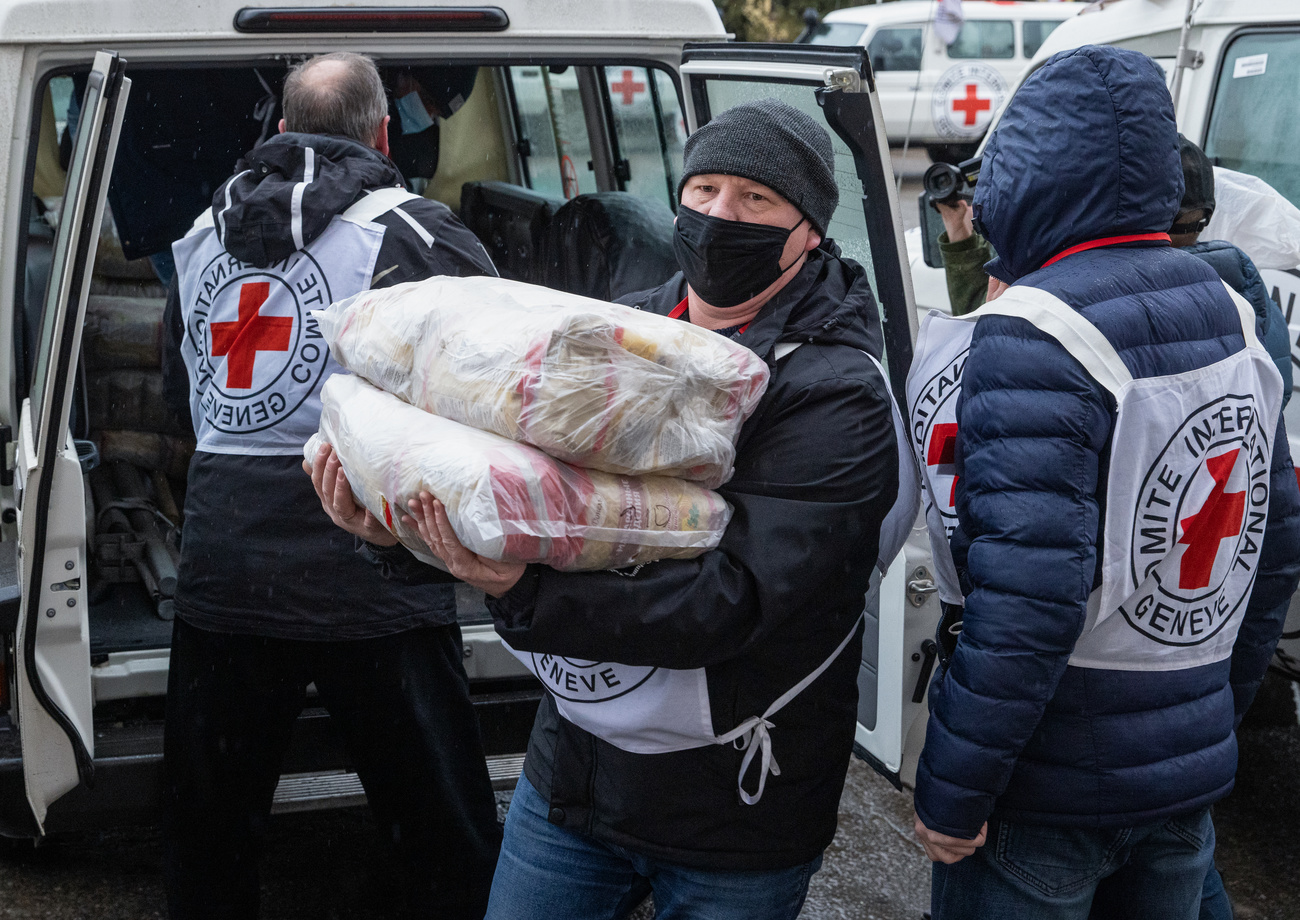


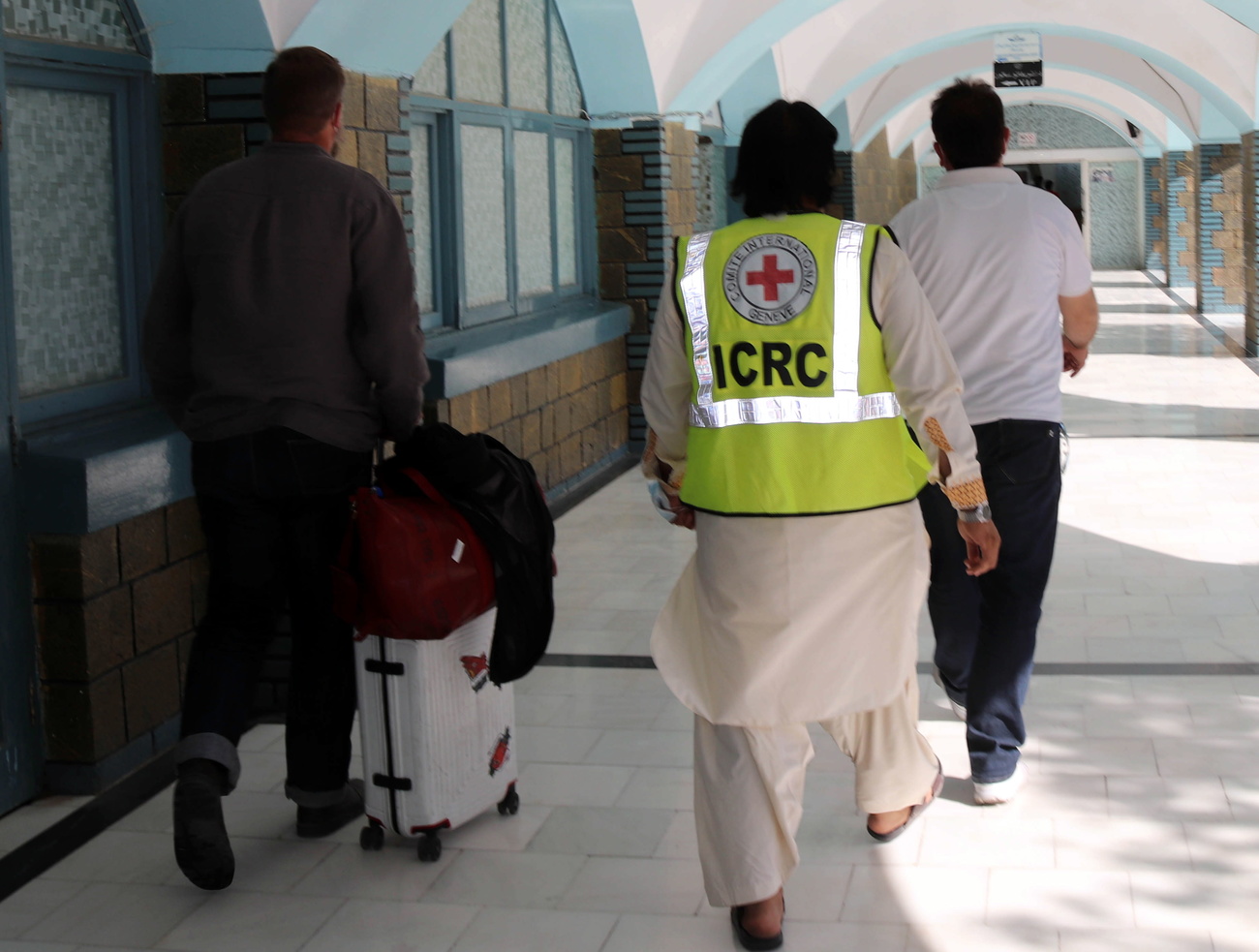
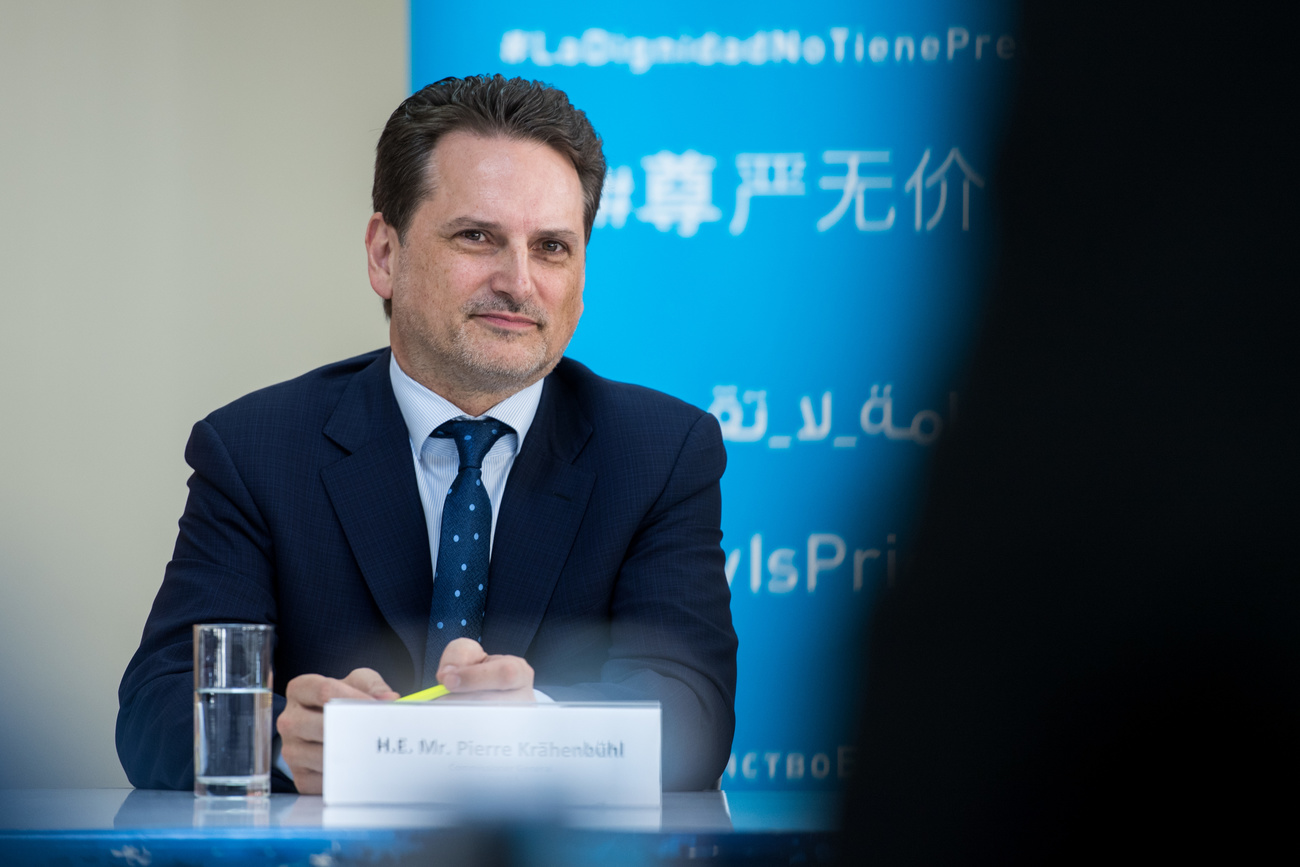

You can find an overview of ongoing debates with our journalists here . Please join us!
If you want to start a conversation about a topic raised in this article or want to report factual errors, email us at english@swissinfo.ch.